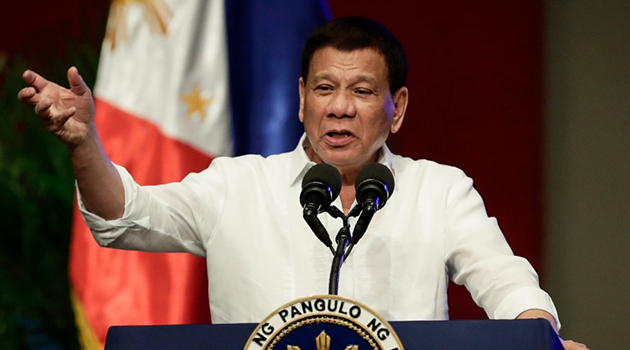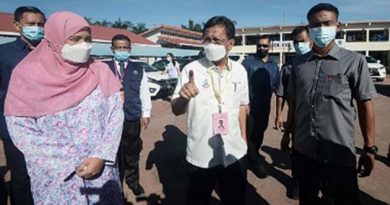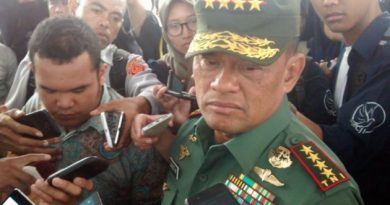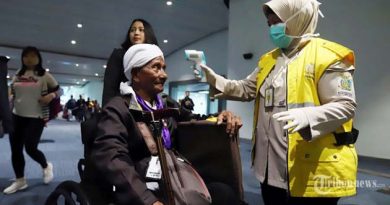Philippine-China Ties a Model for ‘Positive Engagement’
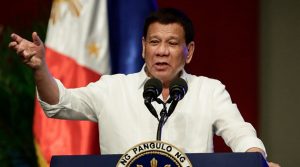
President Rodrigo Duterte on Tuesday (April 10) pitched the Philippines’ warming ties with China as a model for “positive and mutually beneficial engagement” the rest of the world can learn from.
“Bilaterally, the Philippines is showing how complex relations are not a bar to a positive and mutually beneficial engagement,” Mr Duterte said in a speech at the Boao Forum in Hainan, China.
He said the Philippines and China, which had for years stood as rivals due to competing claims over the South China Sea, now “stand together in the war on criminality and the illegal drug trade”.
“We are shoulder to shoulder in the fight against terrorism and violent extremism,” he said. “We are bridging bridges of greater understanding between our peoples. We are working together on strengthening economic complementarities.”
Mr Duterte also cited China’s role in funding his ambitious US$69 billion (S$90 billion) “Build, Build, Build” infrastructure programme that he said “will provide the solid backbone for growth”.
Before he left for Hainan island on Monday, Mr Duterte announced that China is set to donate another 500 million pesos (S$12.6 million) for reconstruction efforts in Marawi. The southern city now lies in ruins after Islamist militants stormed it in May last year and held on to large parts of it for five months.
“I need China more than anybody else at this time of our national life… I will not say something which is not good,” he told reporters in Manila.
He called China an “important ingredient” in his infrastructure push and in the rehabilitation of Marawi.
“I just simply love (Chinese President) Xi Jinping. He understands my problem and is willing to help. I’d like to say ‘Thank you China,” he said.
Mr Duterte and Mr Xi are set to hold bilateral talks later on Tuesday on the sidelines of the Boao Forum.
Asked if he would raise China’s reclamation activities in Scarborough Shoal in the South China Sea, Mr Duterte said he would not do so.
Referring to China’s assurance to him that Beijing would not conduct reclamation on any other feature in the South China Sea, he said: “I will just… say thank you for issuing that statement. It’s a word of honour for us.”
Mr Duterte has upended the foreign policy pursued by his predecessor Benigno Aquino since he took office in 2016.
Ties between Manila and Beijing plunged to new lows under Mr Aquino, after Manila lodged a case before an international tribunal in 2013 challenging Beijing’s vast claims to the South China Sea, a vital sea lane.
The Philippines won the case in July 2016. But by then, Mr Duterte had already succeeded Mr Aquino. Instead of pressing with the victory, he set it aside as he aggressively courted China. He has refrained from challenging Beijing’s actions in the South China Sea.
Mr Duterte also launched a nearly daily barrage of hostility against the United States over sharp criticisms of his war on drugs, which human rights advocates say has cost the lives of over 13,000 suspects at the hands of police and vigilantes.
He threatened to roll back the Philippines’ 65-year alliance with the US, telling Americans during a state visit to Beijing in October 2016 that it was “time to say goodbye”, and that he would “charter a new course”.
Courtesy : straitstimes
Photo : South China Morning Post
[social_warfare buttons=”Facebook,Pinterest,LinkedIn,Twitter,Total”]
